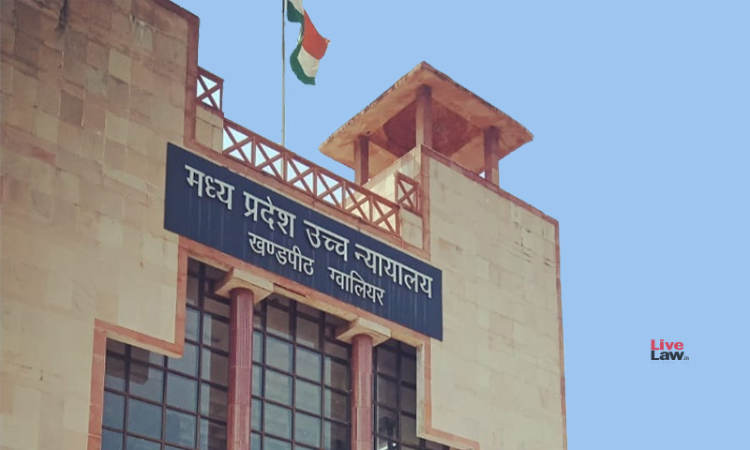Only Judicial Magistrate & Not Executive Magistrate Empowered To Verify Correctness Of Delayed Registration Of Births & Deaths: Madhya Pradesh HC
Zeeshan Thomas
17 Feb 2022 10:24 AM IST

The Court struck off Rule 9 of MP Registration of Births & Deaths Rules, 1999.
Next Story


